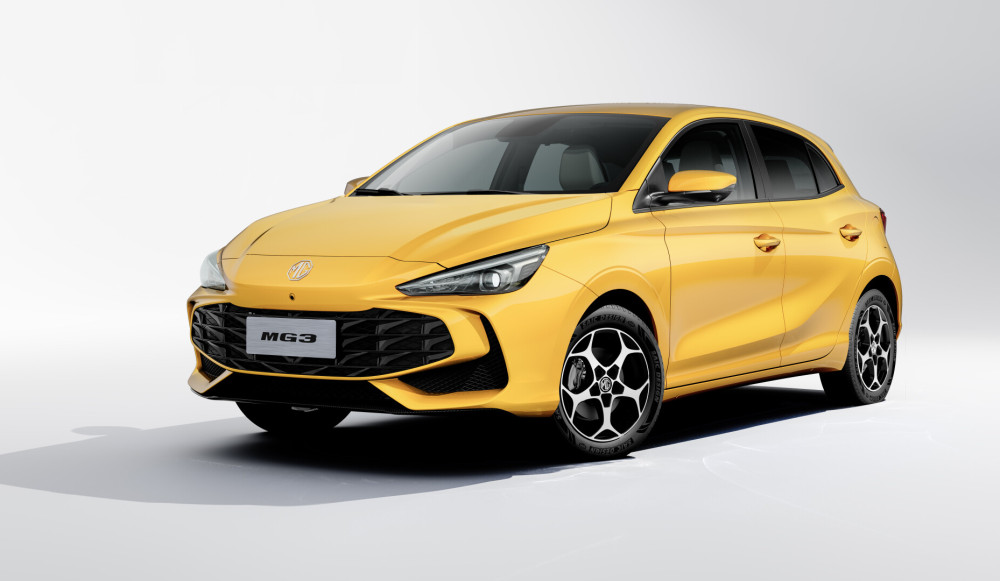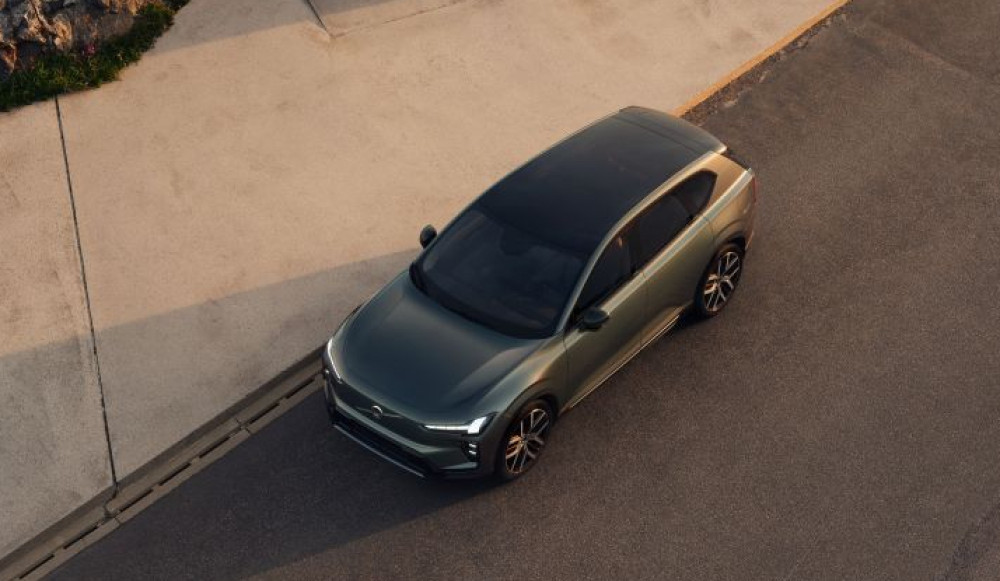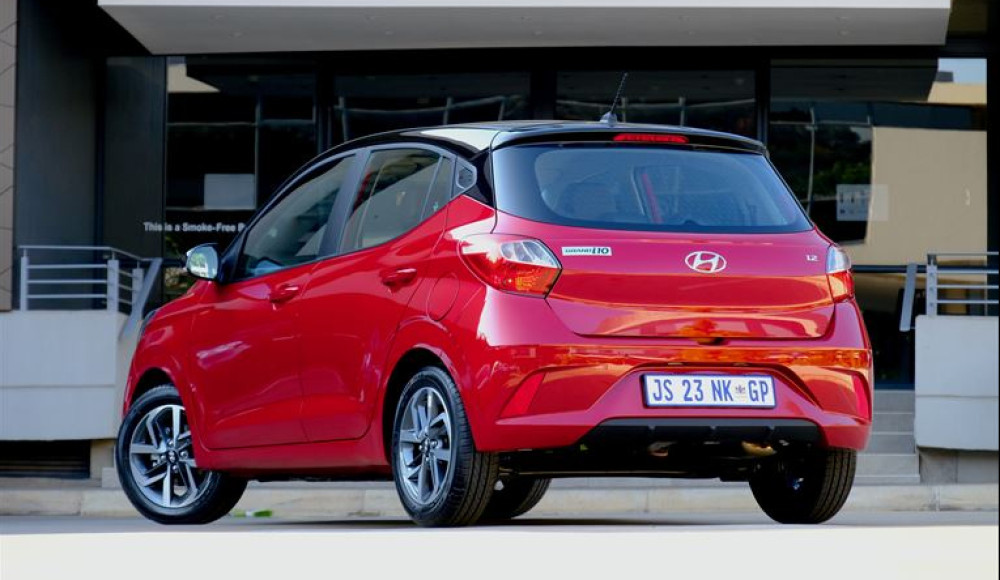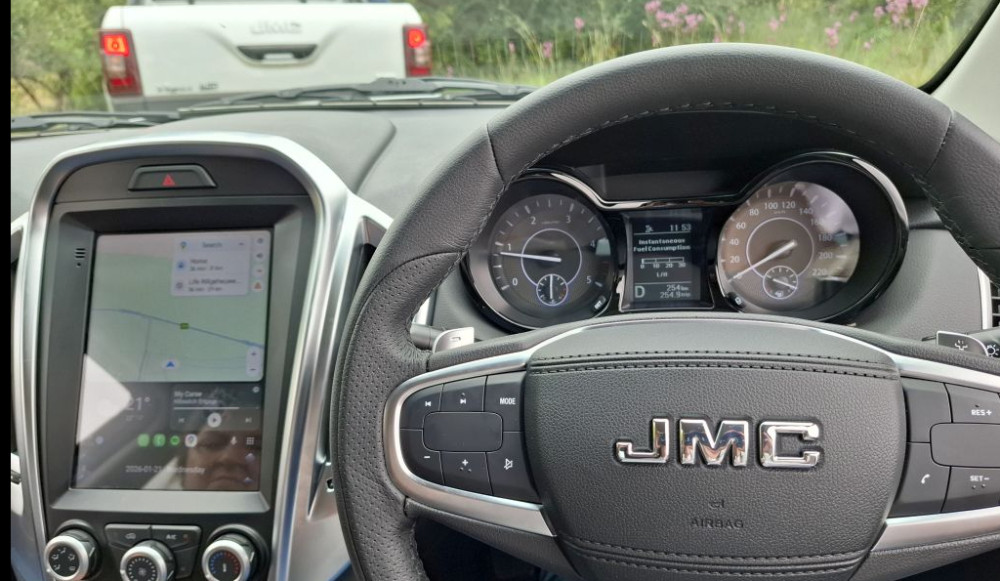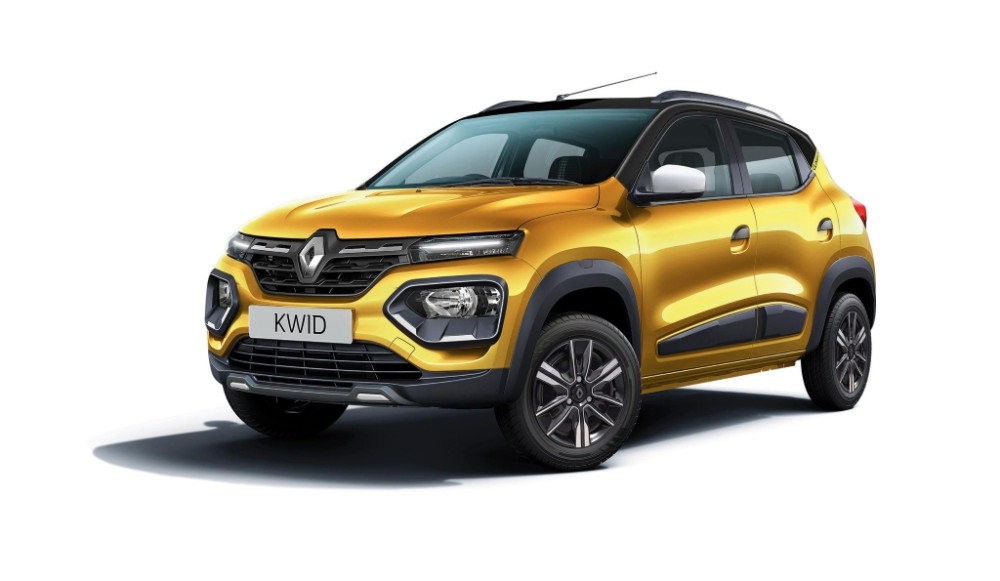Design studio NewTerritory has released new behavioural research findings, revealing a significant gap between commercial vehicle (CV) driver needs and current industry trends. The study, focusing on the underlying needs and decision-making factors of drivers operating vans, trucks, bakkies, buses, coaches and refrigerated vehicles, suggests a shift towards human-centred design is overdue.
Contrary to the tech-heavy focus seen in passenger cars, the research indicates CV drivers strongly prefer enhanced comfort and practical wellbeing features over novelties like in-vehicle butlers or coffee-ordering systems.
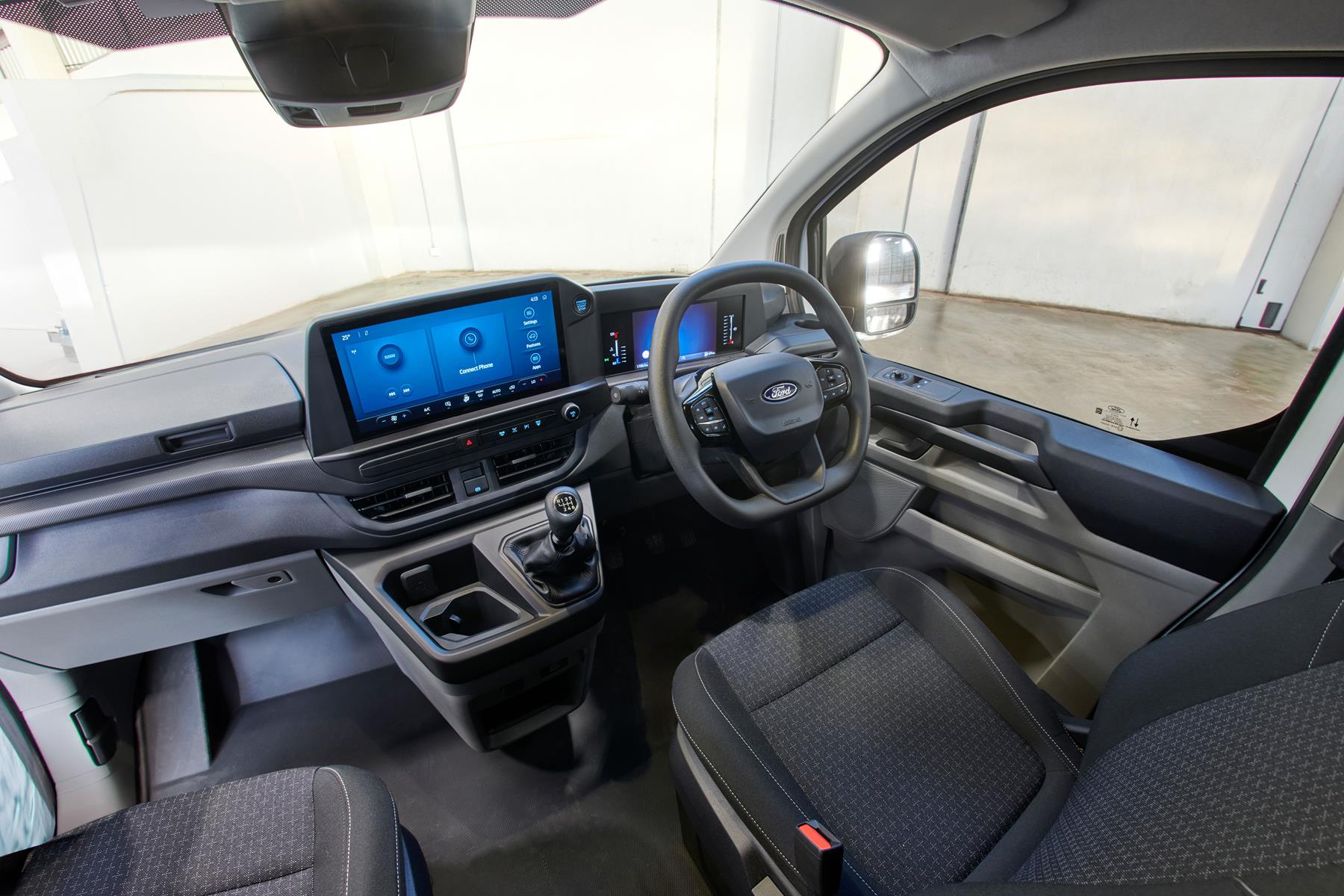
Starting or running a small business and in need of a bakkie – click here
Luke Miles, founder of NewTerritory, says: “Commercial vehicle drivers aren’t asking for flashy, car-like tech. They want a workspace that cares for their bodies, sharpens their focus and helps them recover between shifts. We need to start designing commercial vehicles to act as multi-modal hosts which adapt to the occupants’ changing needs over time, rather than simply means of transport.”
The findings show drivers overwhelmingly prioritise ergonomic improvements and wellbeing tools. With drivers frequently working nine-to-eleven-hour days, encompassing both driving and on-site tasks, cabin comfort emerges as a critical factor.
While regulations enforce breaks, the research points out that genuine rest and recovery are seldom supported by the vehicle environment itself. An inadequately designed cabin can contribute to driver fatigue, stress, musculoskeletal discomfort, and reduced concentration.
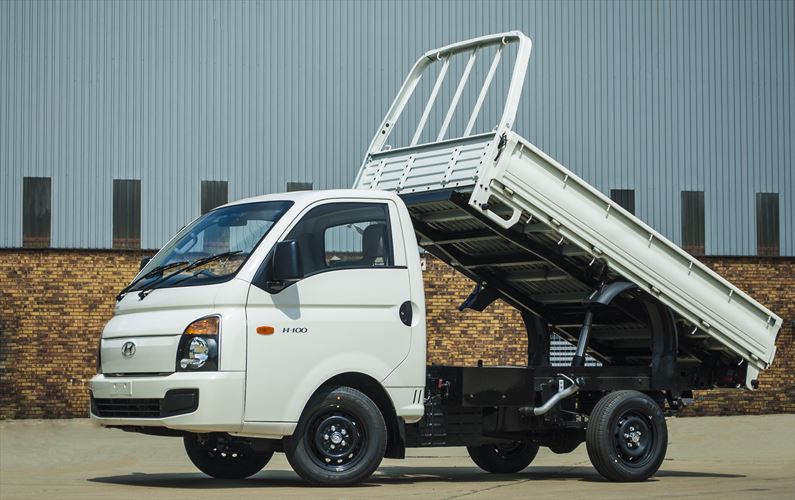
We’ve got you covered – for the best insurance deal click here
Miles emphasised a fundamental shift in perspective: “When you stop thinking of a van as a machine and start thinking of it as a host, everything changes. Van manufacturers which ignore this design mindset shift, will be left behind. Putting the driver first is crucial. They deserve and want environments that are not just functional, but restorative. This is about supporting their bodies, boosting concentration and reducing strain.”
NewTerritory advocates for a hospitality-informed approach to CV design. This human-centred strategy brings features such as posture-adaptive seating, calming lighting systems, and intelligent, modular interiors into consideration for future commercial vehicles. The research suggests that as manufacturers compete to define the next generation of CVs, focusing on real needs – enhanced comfort, fatigue reduction, and workflow support – should take precedence over non-essential technological gimmicks.
This study forms part of NewTerritory's broader automotive strategy, applying its hospitality lens to mobility brand experiences. Over the past 12 months, utilising its brand intelligence platform, the studio dedicated more than 450 hours to investigating consumer preferences across major transport sectors, including aviation, passenger cars, and commercial vehicles. The latest findings, based on responses from 1 025 commercial vehicle drivers, arrive as manufacturers increasingly seek to redefine vans as mobile offices and rest spaces prioritising driver wellbeing, rather than scaled-down cars.
Feature | % of Drivers |
Adjustable seating with posture memory | 58% |
Ambient lighting and mood settings | 43% |
Adaptable interiors (for shifting work modes) | 41% |
Fully reclining seats for rest | 36% |
Heated/cooled massage seating | 25% |
In contrast, purely convenience-based features attracted significantly less interest:
Automated coffee/food ordering: | 11% |
Hydration station with reminders: | 10% |
Calendar integration / appointment alerts: | 12% |
Automated trip planning & bookings: | 18% |
Colin Windell for Colin-on-Cars in association with
proudly CHANGECARS


